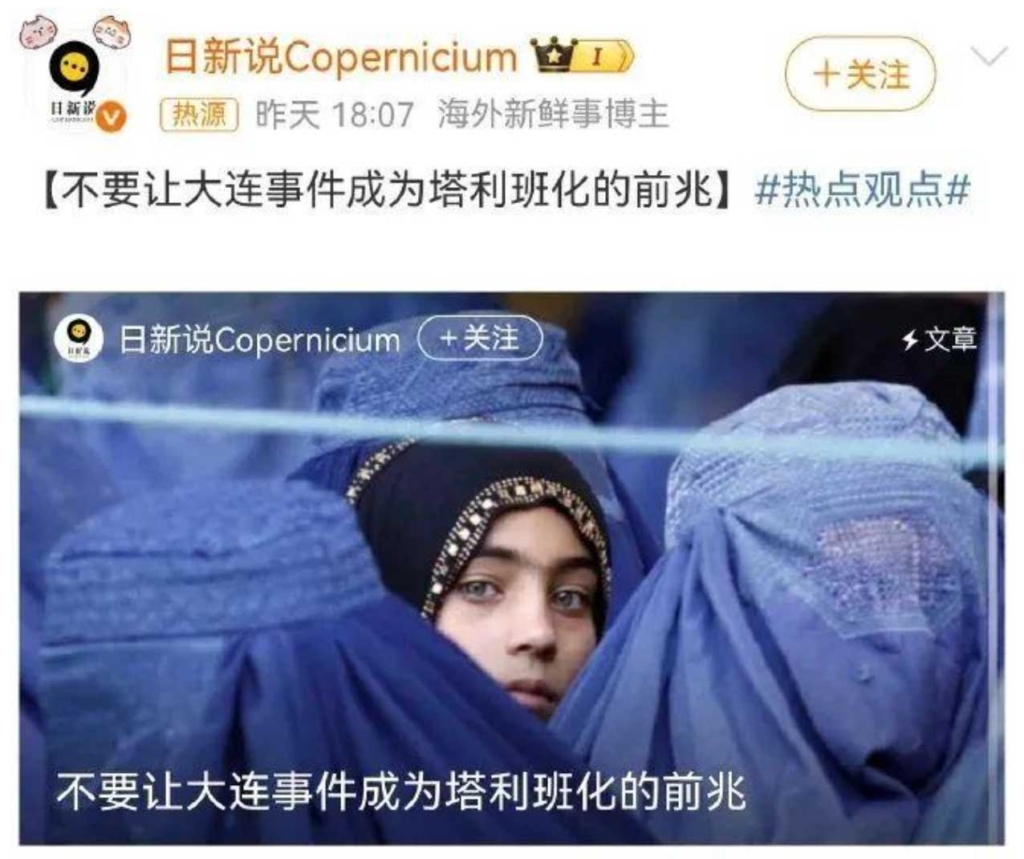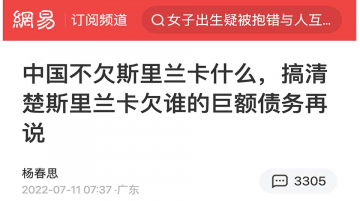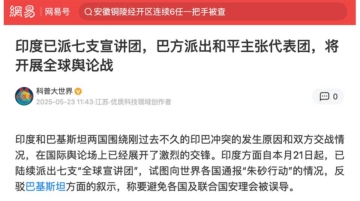
This week, a wave of outrage swept across China’s internet, not just over a university scandal, but over something deeper: growing anxiety that China’s society could be slipping toward Taliban-style moral authoritarianism.
At the center of the storm was a disciplinary notice posted by Dalian Polytechnic University. It announced the expulsion of a female student for “damaging the school’s reputation.” Her alleged misconduct was a one-night encounter with a visiting Ukrainian esports player, “Zeus,” who later posted intimate photos and crude commentary about Chinese women on social media.
The incident happened a year prior. But the school’s belated and disproportionate punishment of the woman ignited national backlash.

Prominent bloggers, feminist voices, and even Hu Xijin, the former editor-in-chief of Global Times, condemned the university for scapegoating. On Weibo, a trending hashtag quickly emerged: #不要让大连事件成为塔利班化的前兆# (#Don’tLetDalianBecomeAPrecursorToTalibanization#), a tag that was soon restricted. The first blogger who started the hashtag has also been muted “For violating relevant laws and regulations.”
The timing of the scandal coincided with Russia’s official recognition of the Taliban as Afghanistan’s legitimate governing authority. China didn’t go as far, but echoed similar sentiments, calling Afghanistan a “friendly neighbor” that should not be excluded from the international community. Chinese foreign ministry statements stopped short of endorsement, but did suggest support for diplomatic engagement with the Taliban-led government.
This seemingly diplomatic stance has created a striking dissonance within China’s online communities, particularly among women. While Chinese media portray the growing Sino-Afghan trade and infrastructure ties in a positive light, netizens remain deeply skeptical of the Taliban’s record on women’s rights. Many openly refer to the group as an “extremist organization.”
For female internet users, the very idea that a government could ban women from work or education, as the Taliban has done, is horrifying. And in their eyes, the Dalian expulsion case felt like a disturbing domestic echo.
“If there is anyone who truly undermined national dignity in this case, it was not the woman whose privacy rights were violated, but the online spectators who frantically humiliated an ordinary woman under the banner of so-called justice, and the educational institution that used stale moral commandments.”
Zhao hong, professor of law at peking university
Yet, even as outrage flared, a different kind of fascination has been unfolding in parallel. On Bilibili, a popular video-sharing platform, a Chinese travel vlogger has been uploading a widely viewed series from inside Afghanistan. The videos portray a softer, more “normal” side of the Taliban’s Afghanistan, one many Chinese viewers hadn’t seen before: spending a day with Afghan women under Taliban rule, being invited to have meals in a Taliban family, even playfully wrestling with those Talibans as after-meal games. The series has drawn millions of views, reflecting a hunger to understand what life in Afghanistan really looks like.
Why is This Important?
China is at an inflection point in how it sees Afghanistan. The online fusion of the Dalian scandal with Taliban discourse reveals a public grappling with where China stands on women’s autonomy, personal morality, and state control.
As Beijing subtly deepens ties with the Taliban, its own citizens, especially its women, are watching closely and asking hard questions. What kind of values does China want to align with? How far should a state go in regulating personal behavior?









